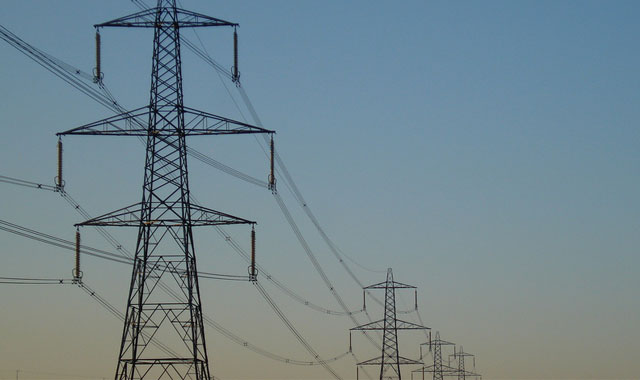
South Africa’s energy sector has faced a crisis since 2008, marked by power cuts, high tariffs and a general inability to match supply and demand. This has led to a dismal picture being painted about the future of the country’s energy supply and its impact on economic growth.
It is imperative that a solution is found to the current difficult situation. This is because energy plays a vital role in the growth and development of a country.
A priority for policymakers since the end of apartheid 1994 has been to provide energy to everyone. Since this target has nearly been achieved, the attention is shifting to the intensity of electricity use in South Africa.
There are three key areas that can lead South Africa towards greater energy efficiency, as well as reductions in carbon emissions. These are:
- Technological innovations for energy efficiency
- Promoting structural changes in the economy
- Changing the energy supply mix
All these can be combined in national energy policies and strategies, but they differ in two points: the time horizon of the results and the risk of outcomes.
The introduction of technological innovations that can achieve higher energy efficiency levels depends heavily on the availability and cost of the innovations. It also depends on the receptiveness in sectors where they will be adopted.
Changing South Africa’s energy supply mix won’t be easy because of the abundance of coal. In addition, and possibly more importantly, the state-owned power utility Eskom’s fleet of power stations runs mostly on coal.
Equally, the sectors which drive the economy are energy intensive. They are also important sources of employment, investment and income. Historically, the country primarily promoted mega industries that use a lot of energy and are capital-intensive. Until 2008-2009, South Africa’s comparatively low industrial electricity tariffs attracted significant investments in traditionally energy-intensive sectors such as mining and manufacturing.
These industries are inflexible and slow to change. For example, once a major investment has been made in the construction of a smelter, opportunities to change to more energy-efficient technology or production process are limited.
The government appreciates the need to reduce the energy intensity of the economy over the long term. This year’s budget made specific mention of the need to promote growth in tradeable and services sectors that consume less electricity per unit of output.
But it will take more to bring about any meaningful change. To achieve the shift in the economy without affecting output and production, economic and industrial policies should be combined with efforts from energy policymakers.
It would be helpful to adjust the incentives and tariffs that attract energy-intensive investments. Incentives should be directed to low-emission and low-intensity sectors. By lowering the cost of energy, input costs would come down and South African exports could achieve greater competitiveness.
Admittedly, the trade-off and eventual balance is difficult and requires financial and political support from various stakeholders. Of critical importance is the co-ordination of various policies. A concerted effort should be made by all government departments involved with South Africa’s economic sectors. This can only be achieved by all-inclusive debate and design over time.

The transition from a resource-based economy to a knowledge, service and quality of human capital based economy requires information, education and research and development. Any new strategy therefore needs to include investment in research activities that will show the way to innovative solutions. Areas to be explored could include structural changes in the economy as well as more efficient ways to consume energy.
In this transition, South Africa should also investigate alternative fuels that will make even the high energy intensive sector’s consumption cleaner and more environmental friendly. For this, a properly planned, organised, managed and monitored market for renewable energies needs to be put in place. This needs to be combined with a comprehensive policy to provide consumers with alternatives to “dirty” fossil fuel-based energy.
Finally, how else can this transition be promoted? There is one thing that all sectors, industries and firms are interested in — economic gain and profits. Instead of penalising intensive users, which happens with a carbon tax, an alternative would be to incentivise them. This could be done by introducing a reward programme, such as an emissions trading system, or, even more suitable to South Africa, an energy-intensity trading scheme.
By trading credits of energy-intensive use, the sectoral users would aim to reduce their energy consumption as well as trade their credits for additional profits.
South Africa is a unique case with a number of inherited socioeconomic challenges and difficulties. But its energy policymakers have started aiming at more fundamental changes rather than the recent short-term solutions.
Structural economic changes and an effort to shift the economy to sectors with lower energy consumption and a smaller footprint will certainly take more time, and even more funding, to bear positive results. But the impact will be more permanent and sustainable.![]()
- Roula Inglesi-Lotz is associate professor of economics at the University of Pretoria
- This article was originally published on The Conversation

